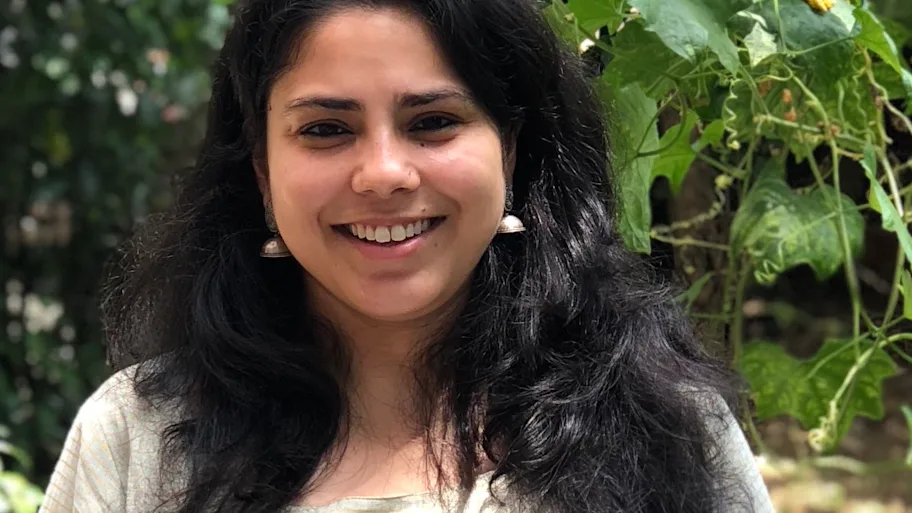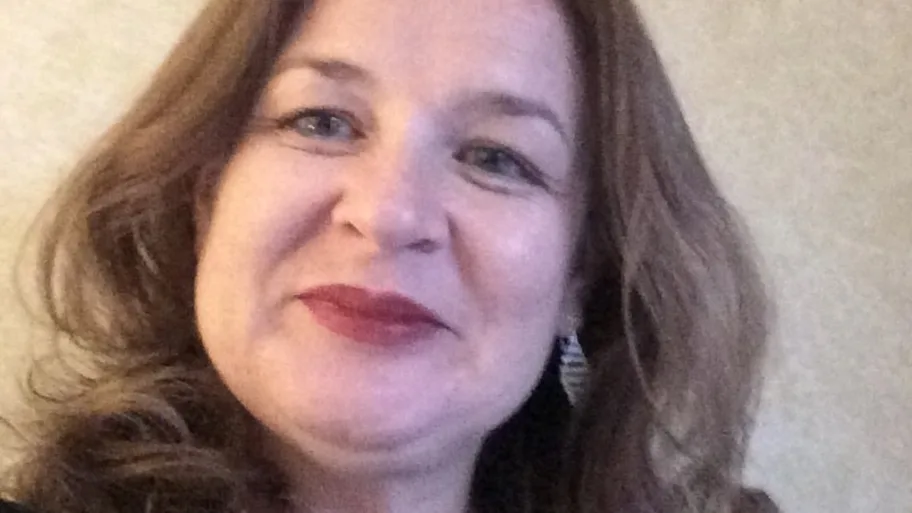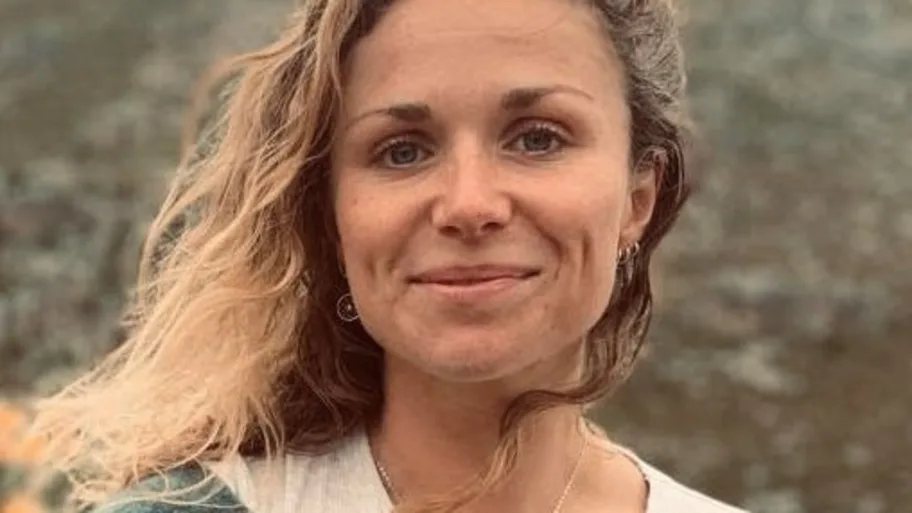
- Science news
- Frontiers news
- Georgina Catacora-Vargas - Securing our food: Women scientists and the pursuit of food security in the Global South
Georgina Catacora-Vargas - Securing our food: Women scientists and the pursuit of food security in the Global South
Author: Sara Baaring
Dr Georgina Catacora-Vargas is a professor of agroecology at the Academic Peasant Unit "Tiahuanacu" of the Bolivian Catholic University; president of the Latin American Scientific Society of Agroecology (SOCLA); advisor for Agroecology Fund; and research associate at AGRUCO, Faculty of Agricultural and Livestock Sciences at the University Mayor de San Simón (Bolivia), with decades of experience in agriculture, agroecology, and policymaking. She is also a member at the IPES-Food think tank and the Ad Hoc Expert Technical Group on Farmers Rights under the International Treaty of Plant Genetic Resources for Food and Agriculture of the United Nations Organization on Food and Agriculture.
Previously, Dr Catacora-Vargas worked at the Ministry of Environment and Water in Bolivia as chief of the Forest Management and Development Unit and advisor of the National Competent Environment Authority.
In honor of World Food Day and in line with the UN Sustainable Development Goal 2: Zero Hunger, Dr Catacora-Vargas took the time to sit down with us and discuss her journey in agroecology.

Your work in agroecology, especially in rural areas, sounds incredibly inspiring and valuable. What is agroecology? Can you share a time when you felt your efforts truly made a difference in a community?
“Agroecology is a strategy for producing, distributing, and consuming food in a way that focuses on the care of life at all stages. And not only human life, but also the lives of other living organisms. It means recognizing their importance and the role they play in building collective health. Agroecology includes farming systems, food systems, and diets that are biodiverse. With agroecology it’s possible to restore and conserve, while producing and while building socio-ecological resilience.
“I discovered my love of agriculture on a high school trip to a rural community. I then went on to do my degree in agricultural engineering. I started my work experience in Lebanon, working with farmers who wanted to transition to organic farming. It was such a beautiful experience because agriculture is a universal language. We could communicate because we were building ties around a way of production that preserves life, and that is an immensely powerful language, even if the means of communication are different. They were very transformative years. From there, I returned to Bolivia and started to work on establishing local agroecological markets.”
Early on in your career, you worked as a project manager for the AGRECOL Andes Foundation, where you were responsible for establishing local organic markets development and participatory guarantee systems (PGS) for agroecological farming. What are participatory guarantee systems and why are they important for food security?
“Agroecology is not a predetermined technical package to implement in different contexts. It recognizes that there is diversity in ecosystems and social groups that implement agroecology. In most cases, third-party certification does not recognize this diversity, and when an external organization comes to certify that you, as a farmer, are implementing your processes with the organic certification criteria, this becomes quite expensive, making it unaffordable for the majority of people. This is against the social principles of agroecology.
“Because of this, we began thinking of other means to create relationships of trust, of solidarity, of mutual learning and we started to work under Participatory Guarantee Systems (PGS). PGS are systems that build trust without the mediation of a label for short-circuit markets. They are not based on technical ecological management, but rather the implementation of social principles that are established and managed by the local people, including producers, consumers, schools, churches, public entities, universities, and so on. These systems are important for food security because they contribute to popularized food that is diverse and has appropriate quality, in compositional terms, while remaining free of harmful chemical residues and genetic traces that are modified.”
What challenges have you encountered in achieving gender equity within the PGS framework, and how have you addressed them? Can you share any success stories where PGS helped female farmers significantly improve their food security and market access?
“Gender is an especially important discussion in agroecology. It plays a significant role in creating opportunities for women, particularly considering the conditions of marginalization and vulnerability they experience. This means that women are not inherently vulnerable and marginalized. Rather, there is a full system that has pushed women to that condition by not giving equal opportunities and by not providing access to the same services and support as men, like, for instance, in the case of rural women, the right to own land.
“Agroecology and PGS support women’s participation. Yet, women’s participation goes beyond PGS. Agroecology, by being biodiverse, plays a crucial role in building food systems that are self-sufficient. This is an important feature considering the inequalities in available support for women. Biodiversity can help us to restore ecosystem functions upon which the full system relies, such as, recycling of nutrients, regulation of pests, water cycling and retention - keeping in mind the provision of water is one of the big responsibilities imposed on women.
“Women are also, at least in the Global South, the protagonists in the markets. When they generate income, they invest it in providing more care to their family. PGS implemented in agroecological systems carried out by women helps them to recognize their work. The purpose of now acknowledging women’s work is to make them visible, because invisibility is a way of being violent with people, and particularly with women. Without a feminist perspective in agroecology that places care, health, and life in the center, we cannot move towards transformative strategies that are just and dignifying.”
You’ve also worked as a biosafety advisor for the Vice-Ministry of Environment, Biodiversity, Climate Change and Forest Management and Development, specifically focusing on Genetically Modified Organisms (GMOs). What are the socio-economic aspects of GMOs and are there sustainable agriculture alternatives available?
“We’ve been having this discussion about GMOs for decades, since they were commercially released and introduced into ecosystems in 1996. We must first recognize that ecosystems are complex; complexity is equivalent to dynamic equilibrium and resilience. What is biologically simplified, like monocrops, is highly vulnerable to many different factors.
“Once introduced into complex systems, GMOs' interactions with ecosystem components cannot be controlled. The development of resistance to pesticides alters the biological patterns, resulting in pests becoming more resistant and aggressive. From an agro-industrial perspective, there’s then an increase in use of toxic chemicals to control them. There is scientific research describing the adverse effects of genetic modifications by breaking very important and delicate processes of co-evolution, such as of pollinators, which are linked to around 70% of the food produced.
“Every ecological adverse effect that has an impact on the capacity of human beings’ ability to produce food themselves, turns into an adverse socio-economic consequence, including decreasing the source of healthy food and increasing production and food costs.
“Instead of highly artificial and risky technologies, we need to recover biodiversity at the source of production and from there, spread this biodiversity to the entire food systems, including on our plates. This is less energy-demanding, more self-sufficient, and inclusive. This is where agroecology stands as an effective strategy that does not lie in the substitution of inputs or technologies, but in implementing the knowledge that contributes to restore and conserve life while producing healthy and diverse food.”

Let’s touch upon reforestation. How do you approach reforestation from the perspective of sustainable and integral forest management, and how does this connect to sustainable food systems and socio-ecological resilience to climate change?
“In my work, I approach reforestation by supporting the implementation of agroecological forestry systems. Biodiversity is essential for restoring ecosystem functions and, within biodiversity, trees are key. There is significant evidence of agroecology’s capacity to restore biodiversity and its functions. This is why it is recognized as a strategy for conserving and sustainably using biodiversity, as expressed in the context of the Global Biodiversity Framework under the Convention on Biological Diversity. Agroecology has also been recognized by the Intergovernmental Panel on Climate Change (IPCC) as a strategy for adapting to climate change. The UN Declaration on the Rights of Peasants and Other People Working in Rural Areas also acknowledges agroecology as a right and duty of states for the sustainability of rural livelihoods.
“Now the challenge is to address and implement the funding in the right manner. Time, with this vision of being in a rush, that everything must be fast, has forgotten the wisdom of time in life. This is something we need to recover. Agroecology is not only about transforming the use of land, but also transforming how we think and feel around our surroundings, where human beings are just a part of the whole.”
You are currently working as an expert at IPES-Food. What do you hope this think tank will achieve in terms of shaping debates on sustainable food systems around the world? What changes have you seen in environmental policy and governance in recent years?
“Yes, I have so many hats. My purpose of being part of these different networks is to contribute to transdisciplinary processes by interconnecting diverse systems of knowledge, and to bring the voices and experiences of the ones who are in the territories to scholarly research and higher levels of decision-making. This is a way to support visualizing those who have been feeding us for centuries and safeguarding the ecosystems upon which our lives depend on.
“In terms of environmental policy and governance, a positive change at the UN level in relation to biodiversity is the recognition of the relevance of human rights and the implementation of human rights-based approaches to biodiversity issues. My hopefulness has increased significantly, because it is not possible to believe in different alternatives and paths, until you see them. After visiting agroecology farms, you see this is real. And it can really happen.
“There are also some worrisome aspects related to the narratives that have been developed, which can be misleading. For example, financialization of biodiversity, net-zero approaches, and sustainable intensification. These phrases promote actions that, in some cases, result in dynamics that perpetuate biodiversity loss, human rights violations, and degradation.
“I would add here that issuing appropriate regulatory instruments is not enough. The implementation is crucial; regulation and policy design as well as implementation need to be based on full, active, and effective participation of the diversity of relevant actors, especially those whose livelihoods are threatened or directly depend on biodiversity components. This approach offers greater opportunities to move us towards collective wisdom, rather than sectoral bias and, at the local level, there are a myriad of creative processes that provide inspiration to move forward.”
Frontiers is a signatory of the United Nations Publishers COMPACT. This interview has been published in support of the nine planetary boundaries.






